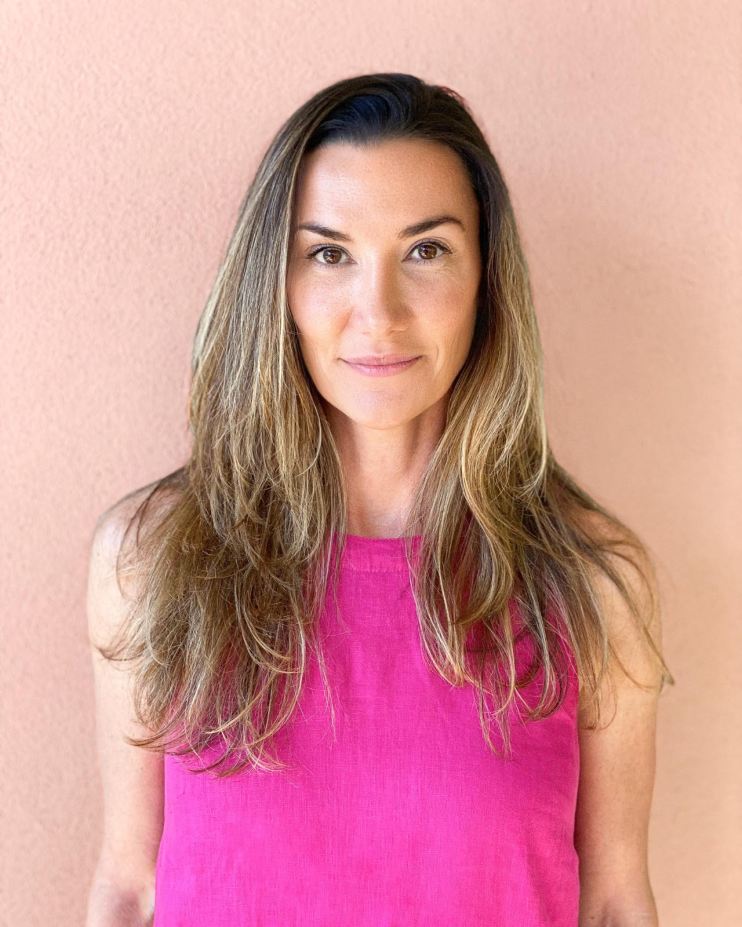Exclusive: Cult Beauty founder Jessica DeLuca on selling to THG and what happens next

In the thirteen years since launching online cosmetics retailer Cult Beauty, Jessica DeLuca and Alexia Inge grew the business from £72,000 to £275m – the amount it sold to The Hut Group (THG) for this week.
Jessica DeLuca, a former IT analyst, worked in the spare bedroom of her basement flat through 2007 building the brand and website that would become Cult Beauty.
After raising funds from family and friends, the pair launched the website from the same room a year later in June 2008. Then three months in, the financial crash happened.
“It was a real struggle at the very beginning, as it was an incredibly difficult time to convince people to spend their money with an organisation they’ve never heard of,” DeLuca says.
“But what wasn’t a struggle was finding people who really believed in the ethos of the business: telling the truth about what products really work and treating women like they’re intelligent beings.
“It was about making women feel more confident about what they were spending their money on, as well as what they look like.”
The site also provided a space where beauty brands who otherwise “saw the Internet as the ‘Wild West’ of retail” would feel confident selling their products.
Two of Net-a-Porter’s founding partners invested in Cult Beauty in the early days, and there are many parallels to be drawn between the two British ecommerce brands.
Namely, consumers choose the sites for their curation of products and editorial aspects – which in Cult Beauty’s case include breakdowns and even a search function for cosmetic ingredients for informed shoppers.
It stands in contrast to online beauty rival retailer Lookfantastic, owned by THG, who on Wednesday announced it had bought Cult Beauty and its portfolio of 300 beauty brands, 1.7m customers and 1.6m Instagram followers for a cool £275m.
So why sell to THG?
“I was just so glad they wanted us. Lookfantastic still exists in the same form that it was when they bought it more than a decade ago,” says DeLuca.
“They’ve done a great job with brands that were our competitors back then. And they have incredible ecommerce capabilities. I really do feel that I’m leaving Cult Beauty in the most capable hands.”
The sale of the business now frees up DeLuca to focus on her next goal: “Helping the next generation of female founders to achieve the same as me.”
Which, considering only 2.3 per cent of global VC funding went to women-led startups in 2020, is no mean feat.
“What I learned through the process of starting Cult Beauty – and didn’t appreciate before we first started – was how difficult it is for women to be taken seriously in the startup world,” she says.
“From the stats you can see what a challenge it is for women to get any kind of investment attention. Then when you do, there aren’t as many people vying to invest in the company, so the valuations women get just aren’t what male-founded companies get.
“The biggest barrier female founders have to overcome is definitely access to funding.”
DeLuca can’t yet say what the plans she has “in the works” to help women gain equal access to capital will look like.
But they will be “in the same vein” as two recent projects. She is currently a strategic advisor on the board of Sana Jardin, a “socially conscious luxury fragrance company” that she was instrumental in launching and designing with founder Amy Christiansen in 2017.
And then she’s worked with the Cherie Blaire Foundation for Women on its enterprise development programme, which supports female entrepreneurs in developing countries by connecting them with mentors and helping them with access to capital.
Virtuous circle
But DeLuca prefers to look at the current dearth of female access to funds as an “enormous opportunity” rather than a problem.
“Some investors can understand not just the ability of women to run a company, but also the industries that women are primarily the target demographic of,” she says.
As well as more funds aimed at investing in women, DeLuca believes a government grant programme designed and run by successful women entrepreneurs would greatly accelerate progress.
“It’s not about bashing men. It’s not about saying “we’re better”, it’s just about equal access to opportunity,” she says.
“Then each time a female founder is successful, she has the ability to mentor, advise and invest in other female founders.
“So it’s a it’s a virtuous cycle where eventually our wealth will catch up to gender parity and then women will have the same access to capital that men do.
“That’s my goal – hopefully we’ll see it in my lifetime.”